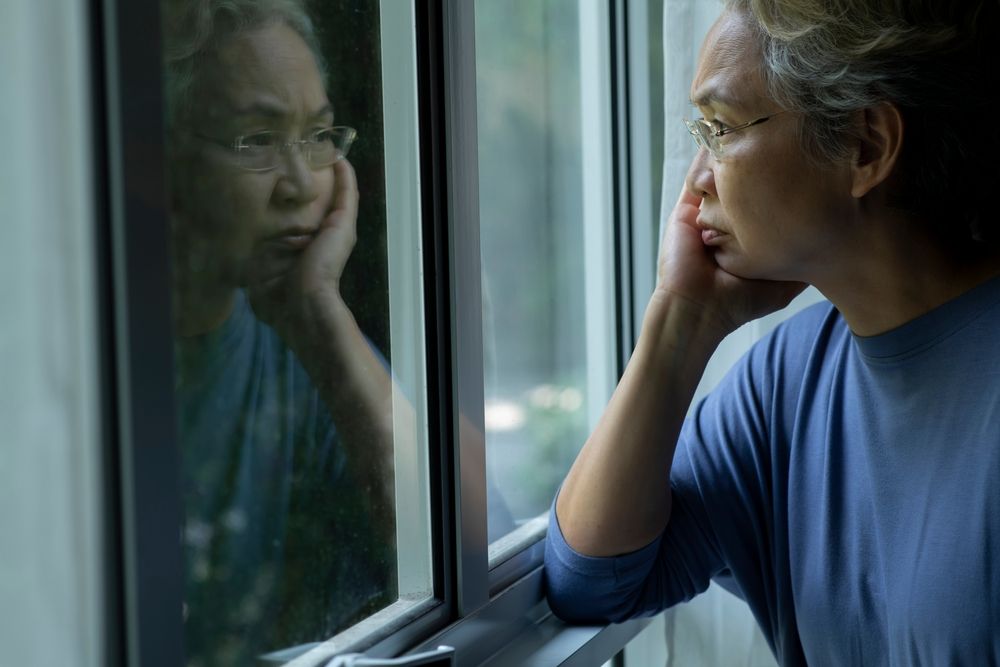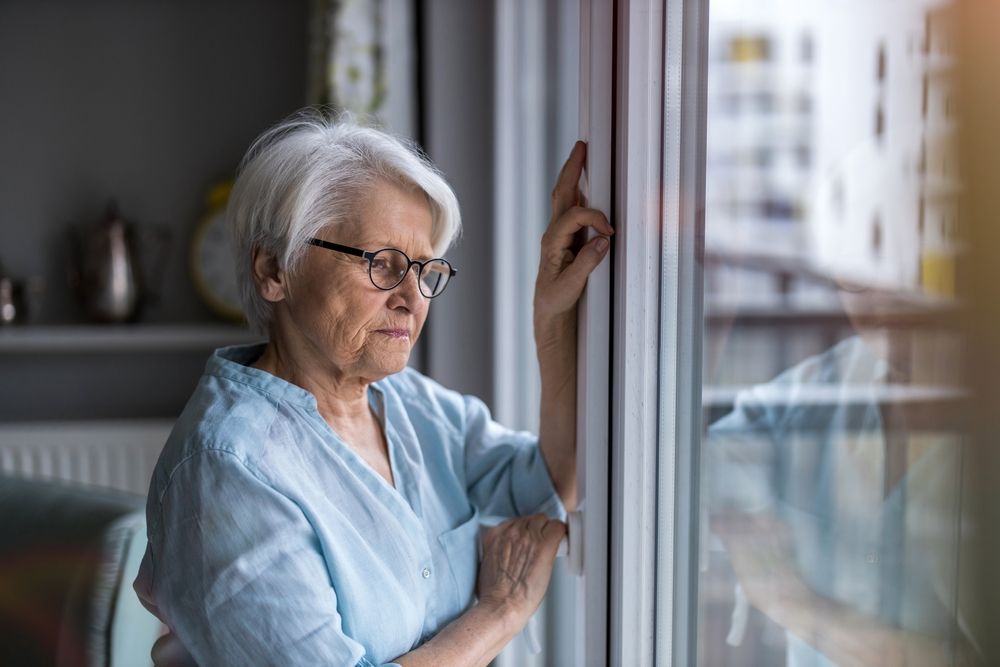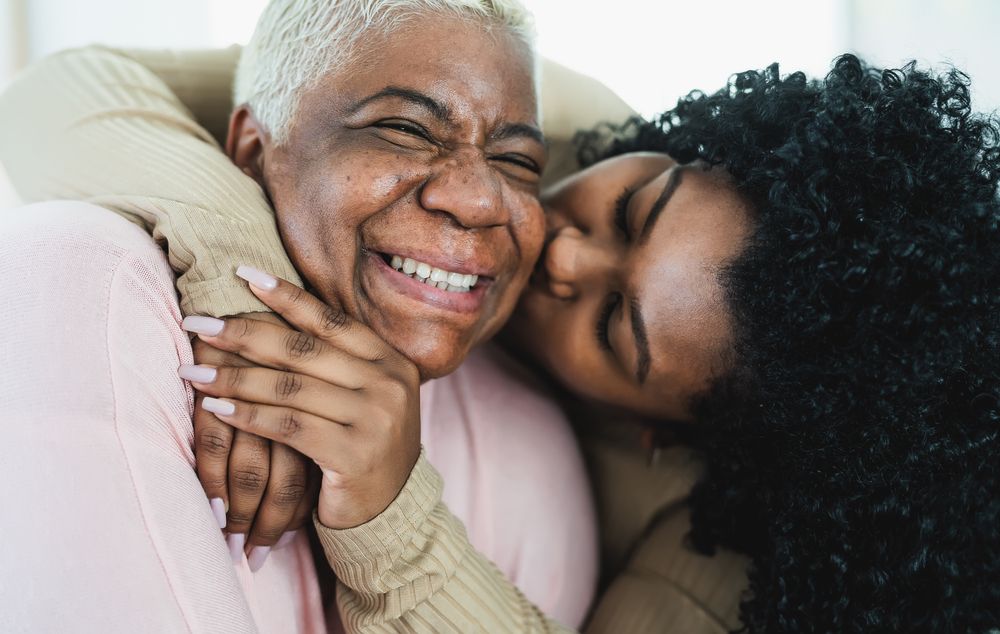An Enduring Power of Attorney (EPOA) gives someone else the legal power to make health and financial decisions on your behalf. Misusing an EPOA against an older person is a form of elder abuse called financial abuse.
In this blog post, we will give some examples of EPOA misuse, and provide information about protecting yourself against financial elder abuse.
When is an EPOA considered misuse?
An EPOA should be used to protect a person’s independence, control, and finances. An EPOA allows someone else (referenced to as your “attorney”) to make financial decisions on your behalf.
When you give someone enduring power of attorney, you must have the capacity to understand exactly what power you are giving to that person. Queensland requires that the person should be making the EPOA voluntarily, not under the pressure of someone else.
An EPOA may unintentionally be misused when:
- They combine their spending with yours
- Transaction records are missing or inaccurate
- They make decisions according to their own values, not yours
- They do not consult you about financial decisions being made on your behalf.
For example, the person may pay in one transaction when you are doing your shopping together, then forget to transfer funds accordingly. Another example may include a family member with good intentions to protect you from being scammed or exploited.
An EPOA may be intentionally misused when:
- Other signs of elder abuse are present
- Transactions and records do not add up
- They pay their own bills with your money
- Decisions are made under coercion and control
- Someone is limiting your access to your own money
- Someone else is pressuring you to make them your EPOA
- They make decisions according to their own values, not yours
- Someone is gaslighting you to convince you that you cannot make financial decisions.
How to mitigate misuse of an EPOA
If you have decision-making capacity, you can revoke your own EPOA at any time.
In the case of an unintentional misuse, you can take steps to prevent this happening moving forward:
- Discuss your values and priorities
- Write down clear decision-making steps
- Ask that all receipts are kept and filed together
- Request to be more involved in decision-making
- Create instructions for how decisions should be made
- Request that the attorney not combine their purchases with yours
- Appoint a second attorney to act either jointly with or independently of the first.
If you feel you are a victim of financial abuse through an EPOA, contact a financial advisor. Our Senior Financial Protection Service provides free help to older adults who are experiencing or at risk of experiencing financial elder abuse.
How to create an EPOA to protect yourself
You may wish to create an EPOA to protect your finances. There are steps that you can take so that your EPOA can reduce your risk of financial abuse or exploitation.
These steps can help your EPOA to protect you:
- Be involved in decision-making
- Appoint multiple independent attorneys
- Have a file for receipts and transaction records
- Create processes for shared or combined expenses
- Provide clear, detailed instructions to your attorney
- Create instructions for how decisions should be made
- Ensure your attorney understands your values and priorities.
Compass offers a comprehensive guide on creating an EPOA.
Our Senior Financial Protection Service (SFPS) can provide older individuals with free financial guidance in a safe, supportive environment.
You can learn more about our Senior Financial Protection Service here, or call 1300 063 232.








